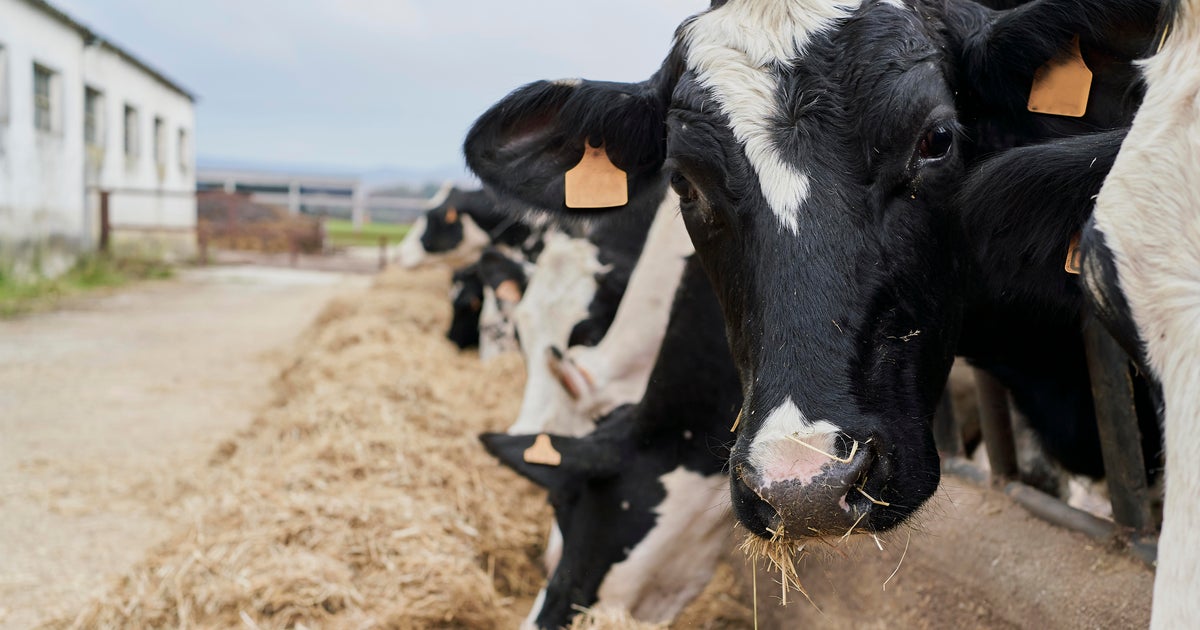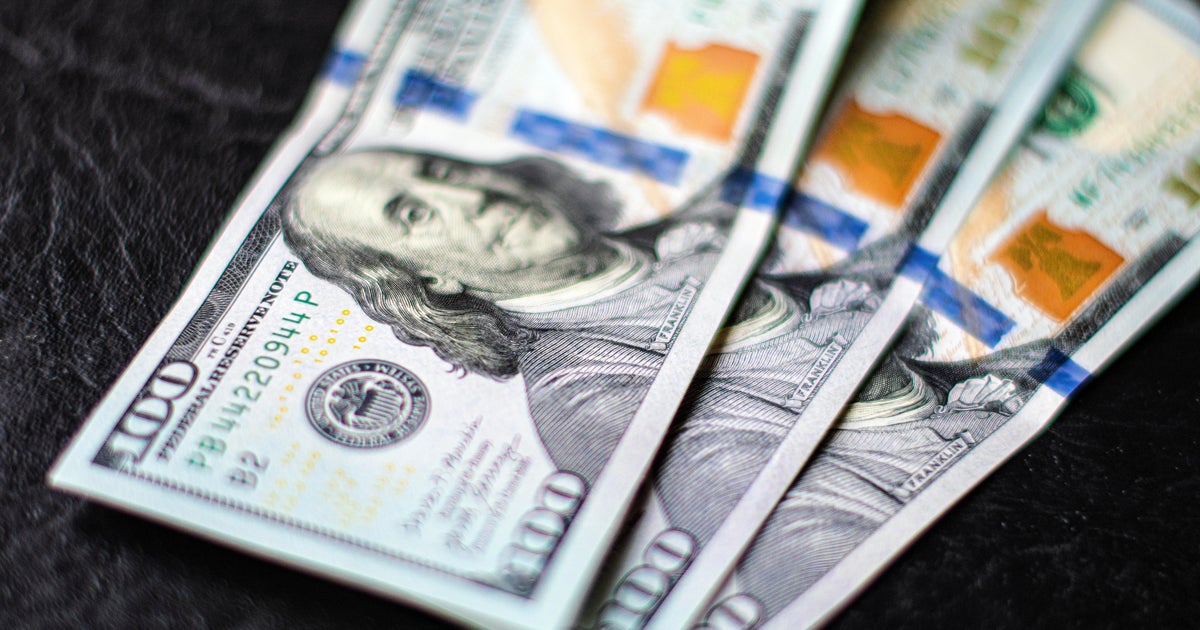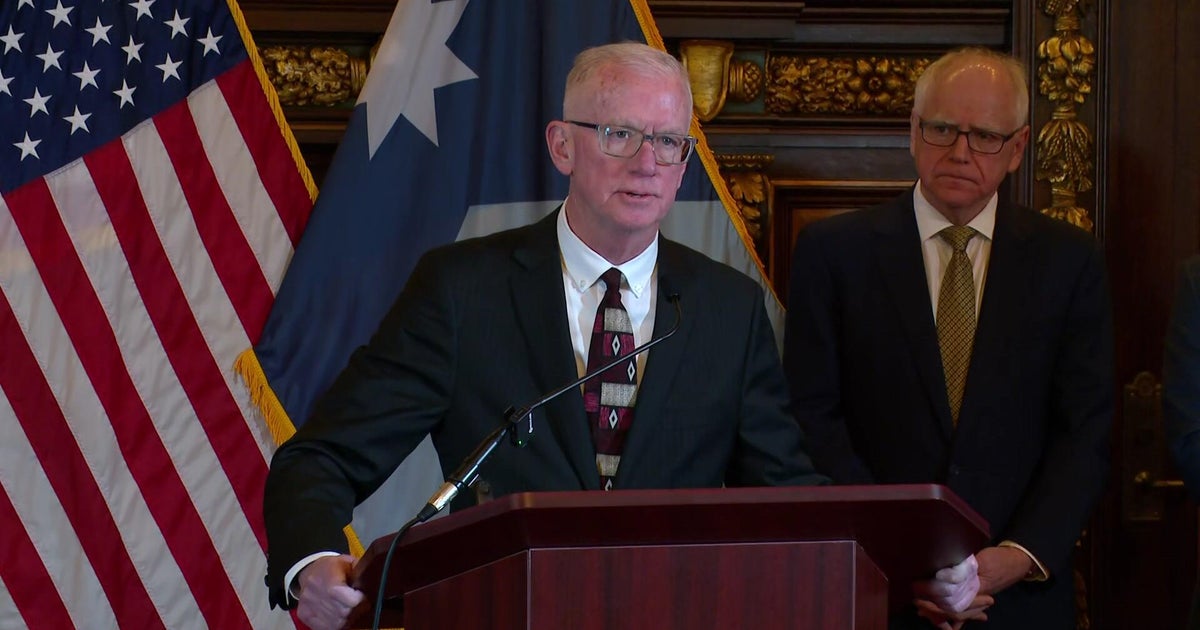Fake Food Trying To Make Its Way Into The U.S.
MIAMI (CBS4) - Fake foods such as candy bars, fish, cheese and tomato sauce are just a few of the items confiscated by Interpol police.
These products could have ended up on American dinner tables, according to Dr. John Spink, Associate Director of the Anti-Counterfeiting and Product Protection Program at Michigan State University. "Consumers are being cheated."
Here in the U.S., Food and Drug Administration agents are also on the hunt for counterfeit foods and ingredients. They've seized everything from fake olive oil to phony, pricey wine... all of which the FDA agents insisted are counterfeit.
"We think we're buying a high value or specific type of product and the bad guys have swapped it out with something that's inferior," explained Dr. Spink.
The problem is so widespread, that a national database was recently created to try to track it. The key word here is "try." That's because it's hard to catch during production and shipping. And once it makes it to market, consumers don't realize they've been ripped off, unless they get sick.
"Food adulteration is designed to not be detected. So, frequently adulterers do not use fake ingredients that would cause immediate health problems."
In a new study, Dr. John Spink crunched the database to find the top fakes.
- 16% involved olive oil: often diluted with cheaper oils.
- 14% involved milk found to be watered down.
- 7% was adulterated honey: intentionally mixed with sugar and corn syrups.
- 2-4% involved fruit juice, watered down or diluted with other types of juice.
Not only are you not getting what you paid for but it could be downright dangerous.
"The bad guys aren't following good manufacturing practices. There's such a risk for contamination that can be very lethal," said Dr. Spink.
The most recent case involved vodka laced with methanol which left some British college students with permanent vision damage.
Many legitimate companies are now hiring security firms to monitor their products.
"We've unfortunately found counterfeits of pretty much any product that you can think of," said Tara Steketee of OpSec Security.
Something that just popped up recently, garden variety tomatoes being marketed as the expensive heirloom ones. Consumers we talked to were shocked.
"It could really hurt someone," said one man.
One woman said, "Very concerning, to me as a mom."
Another indicated that, "It would be overwhelming to me to try to police that."
And she's right. For every port investigators inspect and each case police crack, experts know there's always more.
"There's not ten of these bad guys in the world and we can go arrest 8 of them. There's a near infinite number of fraudsters and there's a near infinite type of fraud," Dr. Spink pointed out.
If you suspect you've purchased a fake food or counterfeit product, take it back where you bought it and demand a refund. You can also report fake foods to the FDA or the Florida Department of Agriculture.







